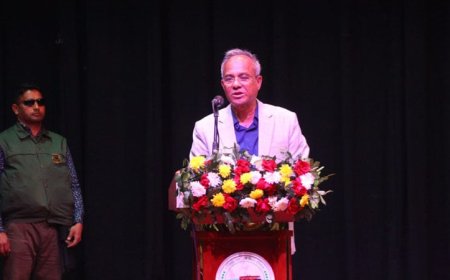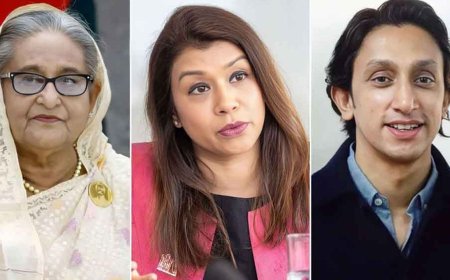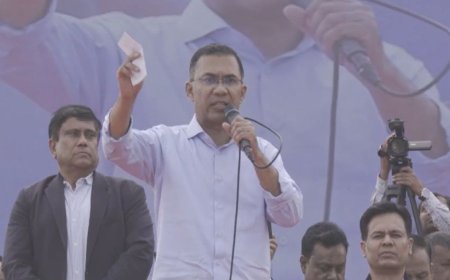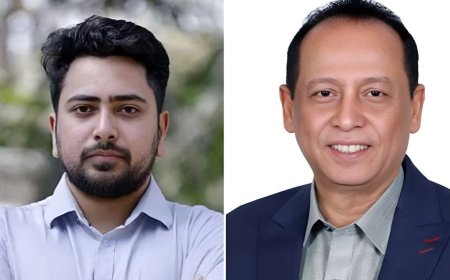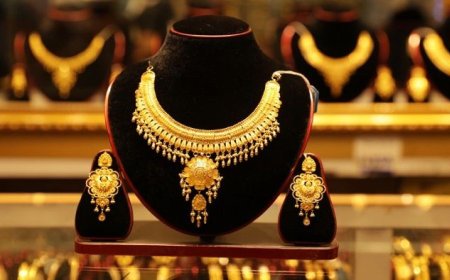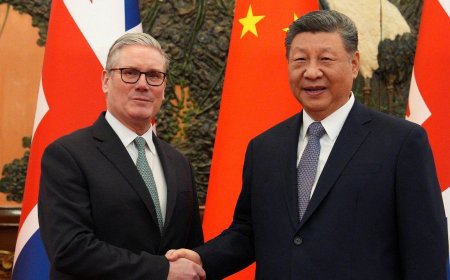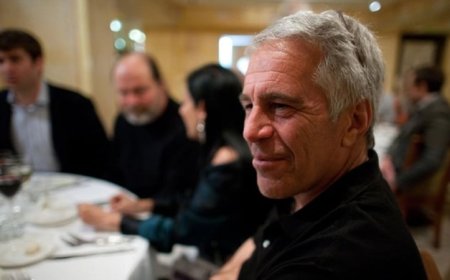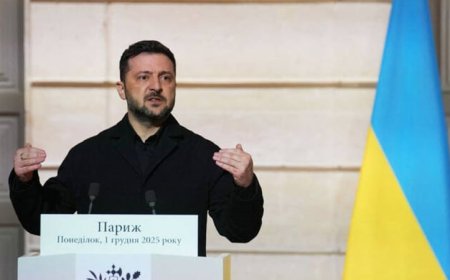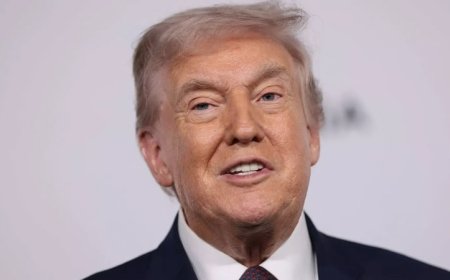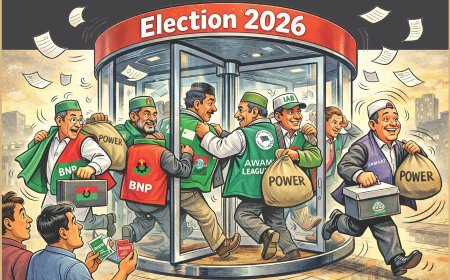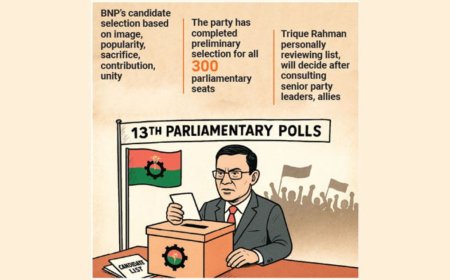Finance Adviser says Bangladesh could receive lower export tariffs from the US
He says Bangladesh plans to import certain essential goods from the US.
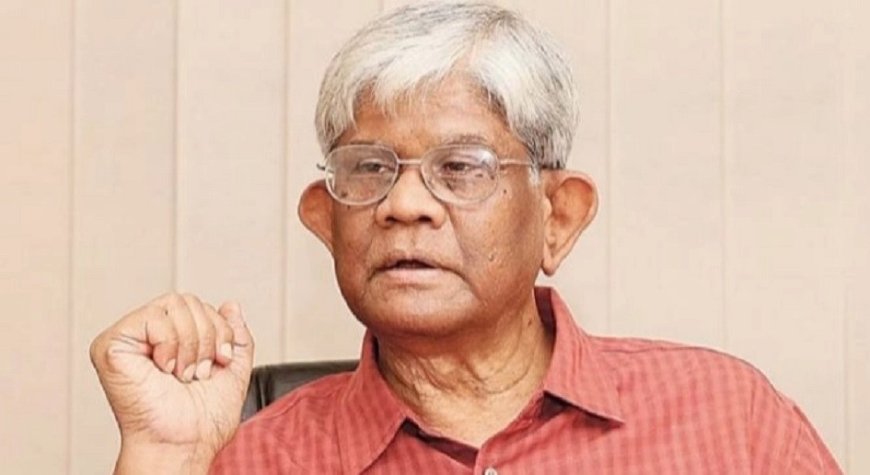
Bangladesh hopeful of reduced US export tariffs, plans to import essentials: Finance Adviser
Finance Adviser Dr Salehuddin Ahmed on Wednesday expressed optimism that Bangladesh may secure lower tariff rates for its exports to the United States.
“We’re hopeful the tariffs will be reduced for us,” he told reporters after attending the weekly meeting of the Advisory Council Committee on Government Purchase (ACCGP) at the Bangladesh Secretariat.
Dr Salehuddin also noted that Bangladesh intends to import several essential items from the US, though he declined to specify which. “We’ll import some key goods, but I won’t disclose the names just yet,” he said.
He pointed out that Bangladesh’s trade deficit with the US is relatively modest, amounting to around USD 6.5 to 6.7 billion.
Addressing the government’s decision to import wheat from the US, he said the move is aimed at diversifying sources and boosting bilateral trade. “We’ve faced supply disruptions from the Black Sea region, particularly Russia and Ukraine, which are our traditional wheat suppliers,” he said.
Negotiations are still underway with the US regarding the proposed tariff cuts. On the question of wheat prices, Dr Salehuddin refrained from commenting, but acknowledged the US wheat has lower impurity levels and slightly higher protein content. He admitted that the price of importing US wheat would be higher but said, “There are strategic advantages — and we need to offer something in return during negotiations.”
He added that the wheat import could help reduce the trade deficit with the US.
The Finance Adviser also revealed that the Commerce Adviser is scheduled to visit the US shortly before August 1 — the date when the new tariff rates are set to take effect. “He’ll meet with the USTR [United States Trade Representative]. I’m also engaging through my own channels,” he said.
On whether lobbyists would help in the negotiations, Dr Salehuddin was skeptical. “At this point, lobbyists won’t be effective. Decisions are being made very quickly.”
Asked about involving the business community, he said business leaders won’t be present in negotiation meetings. “They can make noise outside, but that won’t make any difference,” he said.
He acknowledged the importance of the US private sector, saying, “I’ve been in touch with the US Chamber of Commerce, and they hold a positive view of Bangladesh.”
Meanwhile, US President Donald Trump on July 7 sent a letter to Chief Adviser Prof Muhammad Yunus announcing a 35% tariff on imports from Bangladesh. In the letter, Trump cited a "longstanding and very persistent" trade imbalance between the two countries.
“It is a great honour for me to send you this letter, demonstrating the strength of our trading relationship,” Trump wrote, adding that the US is still willing to engage with Bangladesh despite the deficit.
“However, we must move toward fairer and more reciprocal trade,” the letter continued. “We invite Bangladesh to participate in the world’s number one market — the United States — but under a more balanced framework.”
Trump’s newly announced 35% tariff for Bangladesh, while slightly reduced from the previously proposed 37%, remains significantly higher than the 20% rate recently secured by Vietnam through a bilateral trade agreement.
What's Your Reaction?







